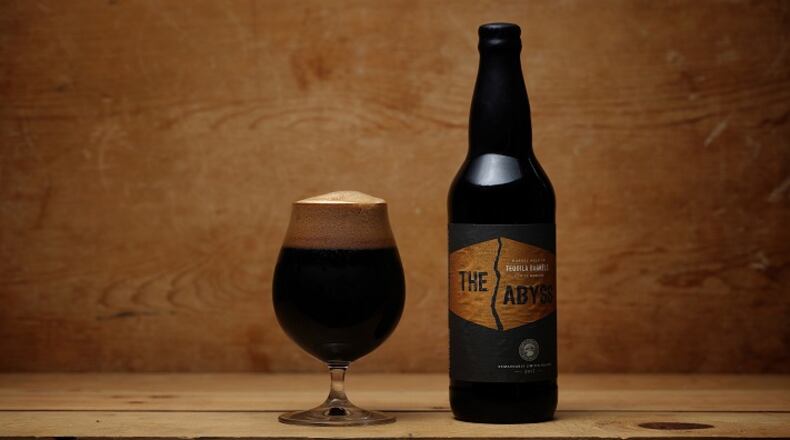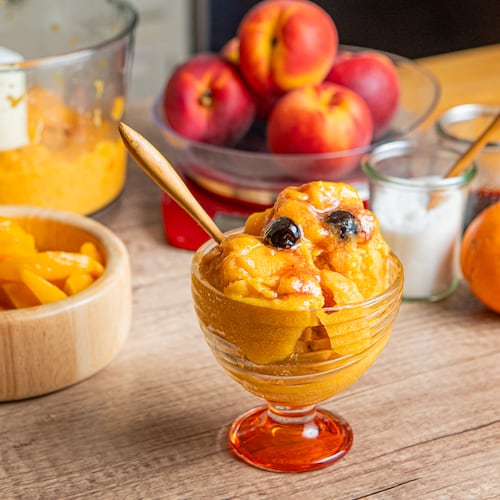If you go by the journalistic cliche, three makes a trend — which means there’s no doubt that tequila barrel-aged beers are a trend.
Over the past few years, a range of prominent breweries, from Deschutes Brewery to Avery Brewing Co. to Almanac Beer Co., have rolled out tequila barrel-aged beers. And that’s not to mention the creative one-offs you’ll often find at a decent brewpub or an event such as the annual Festival of Wood and Barrel Aged Beer (which takes place in Chicago on Nov. 16-17 this year).
That type of experimentation makes sense given that tequila barrels offer brewers a relatively simple way to put a new twist on a vast array of beer styles.
“I love how they give a beer spicy, earthy, oak flavors,” says Adam Martinez, director of media and marketing at Port Brewing and The Lost Abbey, which has produced a couple of tequila barrel-aged beers over the past few years.
But simply aging a beer in tequila barrels doesn’t guarantee success, he says, noting: “We’ve made a few good beers with them, but we want to make a great one.”
The next tequila barrel-aged beer Lost Abbey plans to release — it will hit shelves later this year or early next year — will be a riff on a paloma, the simple and refreshing cocktail that combines tequila, lime juice and grapefruit soda.
One reason that tequila barrels offer a fresh toy is that they can add vegetal, spicy notes. Those elements can work well with a range of beers. Deschutes, for example, last year released a tequila barrel-aged variant of The Abyss, its heavy imperial stout, and those attributes melded well with the beer’s trademark licorice, molasses and vanilla notes.
While you can pick out the tequila barrel’s influence, those elements are relatively subtle, which is one of the interesting quirks of using the barrels to craft a beer, says Ryan Schmiege, Deschutes’ assistant brewmaster, who is in charge of the brewery’s barrel program.
Even so, Deschutes has only a small amount of beer currently aging in tequila barrels. And it isn’t sure when or how it will release the lambic-style beer.
The reason is simple. Tequila barrels are hard to get because, unlike bourbon-makers, which are prohibited from using their barrels more than once by law, tequila producers often use their barrels for years. As a result, the supply is very limited and the barrels that are available are often less than pristine, says Andy Parker, the brewer who oversees Avery’s barrel-aged beers.
“By the time they’re ready to get rid of them, the barrels will only give caramel color for so long,” he says. “By that point, they’re likely to leak or may be falling apart.”
When Avery released two tequila barrel-aged beers last year, it had to recooper the barrels to ensure they would work. But once the barrels were repaired, they helped the brewery create complex, interesting beers. While Avery doesn’t plan to release a tequila barrel-aged beer this year, it will likely release one next year.
Tequila barrel-aged beers will never be as popular as bourbon barrel-aged beers, given the spirit is less popular and the barrels more scarce, Parker says. “But that’s all the more reason to experiment with them.”
About the Author
The Latest
Featured

